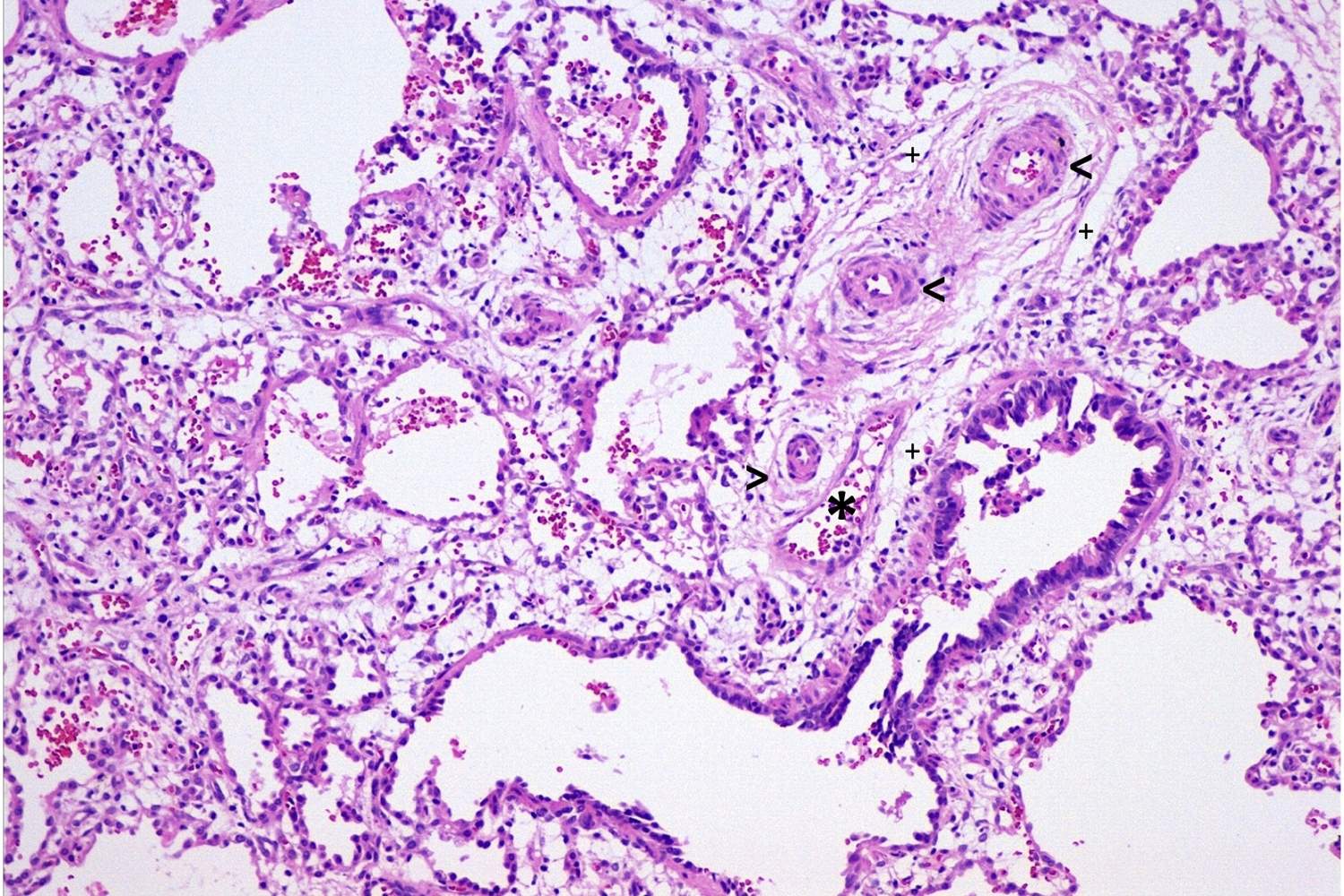
Rhabdomyomatous Dysplasia Cardiopathy Genital Anomalies is a rare and complex condition that affects multiple systems in the body. This disorder involves abnormal development of muscle tissue, heart defects, and genital anomalies. Understanding this condition can be challenging due to its rarity and the wide range of symptoms it can present. However, learning about it is crucial for those affected and their families. This article will provide 30 facts to help you grasp the essentials of this intricate disorder. From its causes and symptoms to treatment options and prognosis, these facts aim to shed light on what living with Rhabdomyomatous Dysplasia Cardiopathy Genital Anomalies entails.
Key Takeaways:
- Rhabdomyomatous Dysplasia Cardiopathy Genital Anomalies is an extremely rare condition affecting muscles, heart, and reproductive organs, making early diagnosis and multidisciplinary treatment crucial for managing the complex disorder.
- Ongoing research and collaborative efforts are focused on understanding the genetic basis, developing new treatments, and improving diagnostics for Rhabdomyomatous Dysplasia Cardiopathy Genital Anomalies, offering hope for better outcomes and quality of life.
Understanding Rhabdomyomatous Dysplasia Cardiopathy Genital Anomalies
Rhabdomyomatous Dysplasia Cardiopathy Genital Anomalies is a rare condition that affects multiple systems in the body. It involves a combination of muscle, heart, and genital abnormalities. Here are some intriguing facts about this complex disorder.
-
Rarity: This condition is extremely rare, with only a handful of documented cases worldwide.
-
Genetic Basis: Often, it has a genetic component, though the exact genes involved are still being studied.
-
Muscle Abnormalities: The term "rhabdomyomatous" refers to the presence of muscle tissue where it normally shouldn't be.
-
Heart Issues: Cardiopathy indicates heart problems, which can range from mild to severe.
-
Genital Anomalies: These can include a variety of malformations in the reproductive organs.
Symptoms and Diagnosis
Recognizing the symptoms and diagnosing this condition can be challenging due to its rarity and complexity.
-
Early Signs: Symptoms often appear at birth or in early childhood.
-
Physical Examination: Doctors may notice unusual muscle growth or heart murmurs during routine check-ups.
-
Imaging Tests: MRI and ultrasound can help identify abnormal tissue growth and heart defects.
-
Genetic Testing: This can confirm the diagnosis by identifying specific genetic mutations.
-
Biopsy: Sometimes, a tissue sample is needed to examine the muscle abnormalities under a microscope.
Treatment Options
Managing Rhabdomyomatous Dysplasia Cardiopathy Genital Anomalies requires a multidisciplinary approach.
-
Surgery: In some cases, surgery may be needed to correct heart or genital abnormalities.
-
Medication: Drugs can help manage heart symptoms and prevent complications.
-
Physical Therapy: Helps improve muscle function and mobility.
-
Regular Monitoring: Ongoing check-ups are crucial to monitor the condition and adjust treatments as needed.
-
Genetic Counseling: Families may benefit from genetic counseling to understand the risks and implications.
Impact on Quality of Life
Living with this condition can be challenging, but with proper care, individuals can lead fulfilling lives.
-
Physical Limitations: Some may experience limitations in physical activities due to muscle and heart issues.
-
Emotional Support: Psychological support is important for both patients and their families.
-
Education: Special educational plans may be needed to accommodate learning difficulties.
-
Social Integration: Encouraging social interaction and participation in community activities can improve quality of life.
-
Support Groups: Connecting with others who have similar experiences can provide valuable emotional support.
Research and Future Directions
Ongoing research aims to better understand and treat this rare condition.
-
Genetic Studies: Researchers are working to identify the specific genes involved.
-
New Treatments: Experimental therapies are being developed to target the underlying causes.
-
Clinical Trials: Patients may have the opportunity to participate in clinical trials for new treatments.
-
Improved Diagnostics: Advances in imaging and genetic testing are making diagnosis more accurate.
-
Awareness: Increasing awareness among healthcare providers can lead to earlier diagnosis and better outcomes.
Real-Life Cases
Learning from real-life cases can provide valuable insights into managing this condition.
-
Case Studies: Documented cases help doctors understand the range of symptoms and outcomes.
-
Patient Stories: Personal stories highlight the challenges and triumphs of living with this condition.
-
Medical Journals: Articles in medical journals provide detailed information on diagnosis and treatment.
-
Conferences: Medical conferences offer a platform for sharing the latest research and clinical experiences.
-
Collaborative Efforts: Collaboration among researchers, doctors, and patients is key to advancing knowledge and treatment.
Final Thoughts on Rhabdomyomatous Dysplasia Cardiopathy Genital Anomalies
Rhabdomyomatous Dysplasia Cardiopathy Genital Anomalies is a rare condition that affects multiple systems in the body. Understanding its complexities can help in managing symptoms and improving quality of life. Early diagnosis and intervention are crucial for better outcomes. Genetic counseling might be beneficial for families affected by this condition. While research is ongoing, staying informed about the latest developments can provide hope and direction. Support groups and medical professionals can offer valuable resources and emotional support. Awareness and education about this condition can lead to better care and understanding. Remember, knowledge is power when dealing with rare diseases. Keep advocating for more research and support for those affected.
Frequently Asked Questions
Was this page helpful?
Our commitment to delivering trustworthy and engaging content is at the heart of what we do. Each fact on our site is contributed by real users like you, bringing a wealth of diverse insights and information. To ensure the highest standards of accuracy and reliability, our dedicated editors meticulously review each submission. This process guarantees that the facts we share are not only fascinating but also credible. Trust in our commitment to quality and authenticity as you explore and learn with us.
